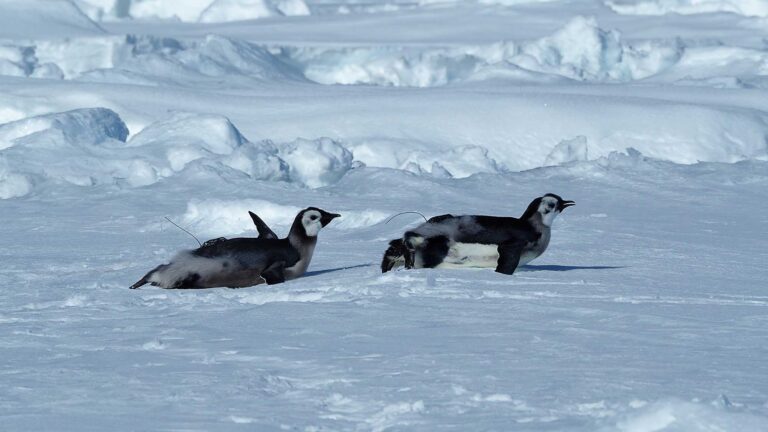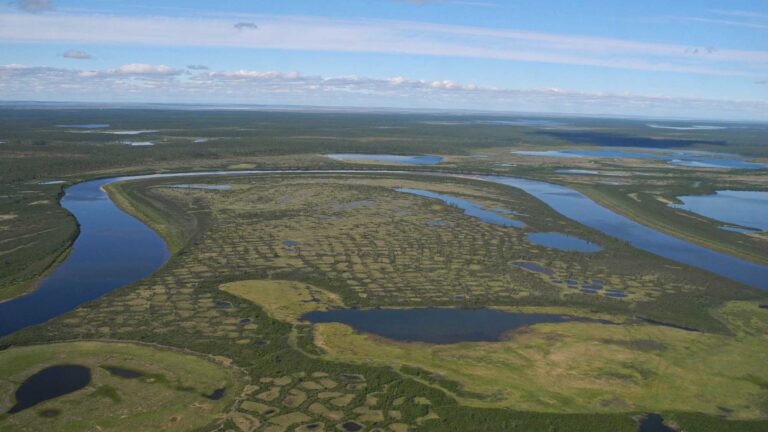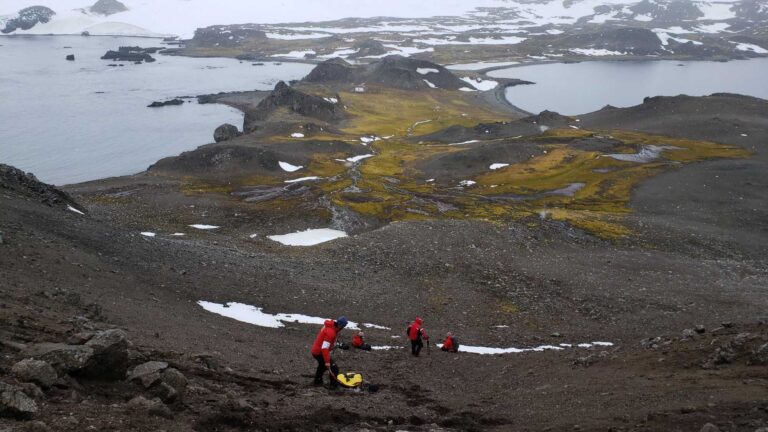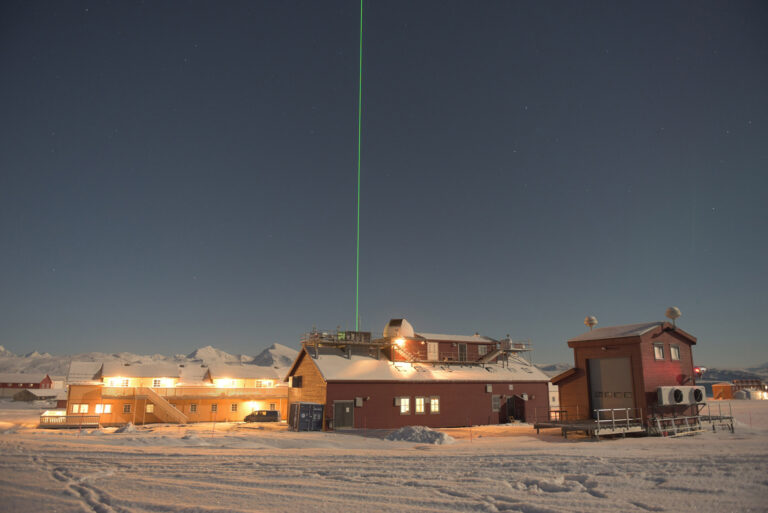Police Seize Man Selling Polar Bearskin Rug
A man is facing nine years behind bars after police in Colombia found him trying to sell a polar bear rug in his shop. The suspect, not named by police…
A man is facing nine years behind bars after police in Colombia found him trying to sell a polar bear rug in his shop. The suspect, not named by police…

Tracking of young emperor penguins in Antarctica has shown that they live about 373 miles further north than previously believed and stay far outside of their protected areas. The Alfred…

The unique vegetation of the tundra could disappear by the year 2050 if no substantial reduction of global warming is achieved, scientists have warned. Experts at the Alfred Wegener Institute’s…

Strains of "superpower" bacteria that could cause the world's next deadly pandemic has been discovered by scientists in Antarctica. Researchers found that the bacteria have a built-in resistance to antibiotics…

An international research campaign involving over 100 scientists from 12 countries has begun investigating the dramatic warming in the Arctic - estimated at two to three degrees Centigrade - over…
This is the moment meteorologists film a polar bear climbing onto a nearby roof in Russia. The clip was filmed at the meteorological station on Golomyanny Island in the Severnaya…
This is the touching moment a responsible polar mama bear takes her cub out for a walk to an outdoor enclosure for the first time while making sure her offspring…
A huger polar bear rescued from a Serbian circus where he was forced to live in a small rusty cage with no protection from the sun and rain for more…
A polar bear named Boris reported to be the oldest alive male of his species has been put to sleep. The polar bear (Ursus maritimus), named Boris, was being kept…
Shocked sailors fled when this huge polar bear climbed on board their ship in the Arctic Ocean, apparently looking for food. The Russian crew from the port city of Murmansk…